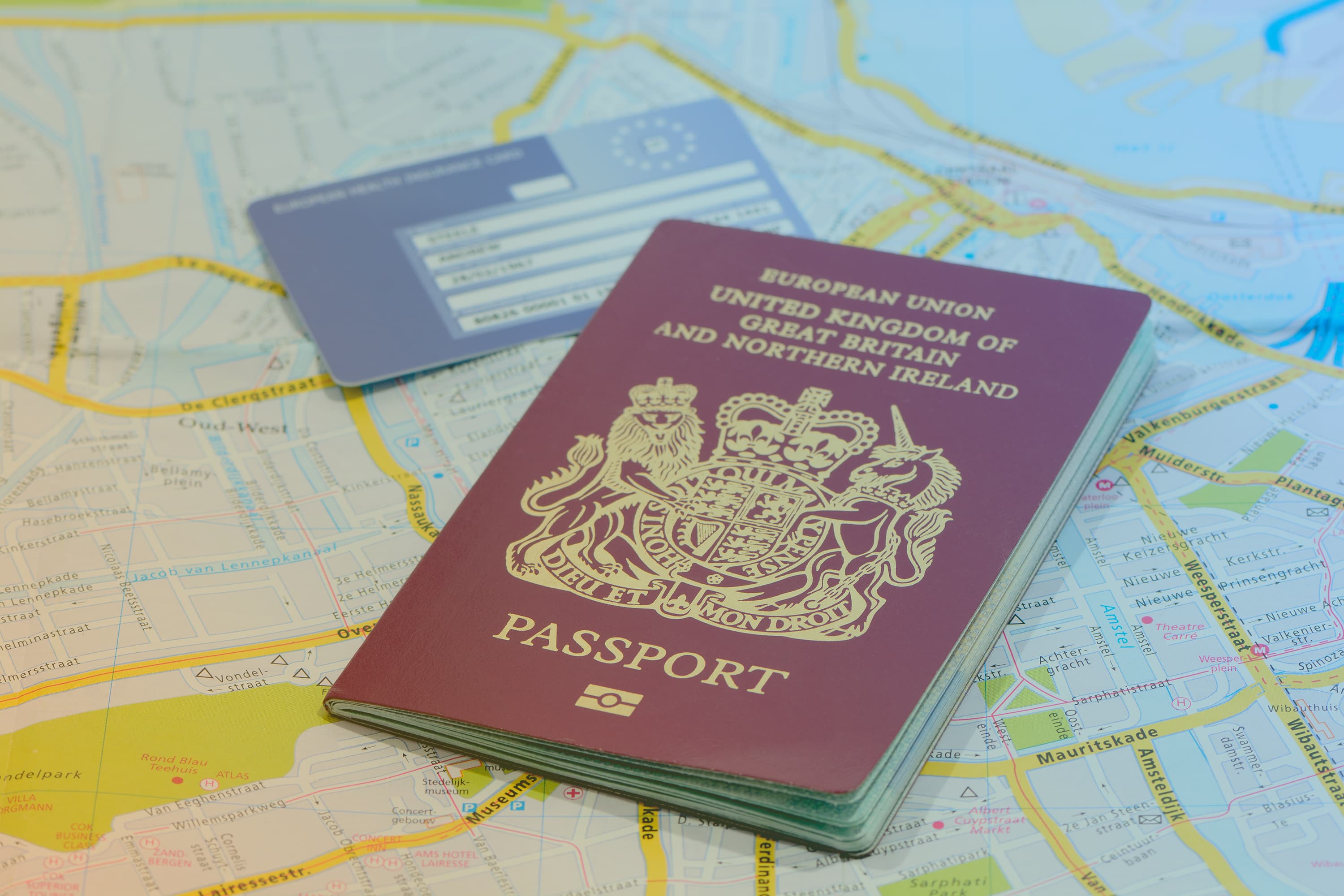It can be useful to know what’s going on in the background at each stage of the DBS checking process.
In this blog, we explain the journey of a DBS Check – read on to find out more!
The five stages of the DBS checking process
When the application has been approved via our platform, it initially comes through to us to countersign. Once the application has been paid for, it will be sent to the DBS.
At this point the system will generate the E0 Tracking Reference number, which applicants can use to track their application online by Googling ‘track my DBS’.
Once the DBS receives the application, it goes through up to five stages depending on the level of the check, from receipt through vetting to the final printing:
Stage 1: application is received and validated
Once the applicant has submitted their half of the form, it will then go to the employer to complete the second half.
Once this has been countersigned, payment needs to be made for the application. From here, it will be sent to the DBS for the vetting process.
The DBS receives the application and checks it for omissions or errors. If the form has been completed correctly it will be scanned onto the DBS system.
If it has been completed incorrectly, the DBS will query the application and return it for correction to the countersignatory (if you submit an application through uCheck, that’s our team!).
uCheck will then forward this to the employer so they can confer with the applicant regarding the correct details.
Please note that as of 31st May 2021, the DBS are unable to make any amendments to personal information on applications. As a result, if details aren’t listed, they cannot be added later.
Stage 2: Police National Computer searched
Key data from the application form is compared against details from the Police National Computer (PNC) to search for any matches.
The PNC is a computer system that stores and shares criminal records information, and is used extensively by law enforcement agencies across the UK. The PNC contains several separate databases, including Name Files, Vehicle Files, Property Files and Driver Files.
Basic DBS certificates will include details of unspent convictions and conditional cautions recorded on the PNC. Standard and Enhanced DBS certificates will show any spent or unspent convictions, cautions, reprimands or warnings that are not subject to filtering, along with any other relevant information held by the applicant’s local police force for Enhanced Checks.
Stage 3: Children and Adults’ Barred Lists searched, where applicable
Key data from the application form is compared against the relevant barred lists to search for any matches.
Stage 4: records held by the police searched
Enhanced DBS Checks are sent by secure, electronic means to the police for an additional check of local records before the information is sent back to the DBS.
The applicant’s details may be the same or similar to details held at any police force across the country. To ensure potential matches are not missed, those police forces will check the details against their locally held information.
The DBS has also published guidance that looks at stage 4 in more detail, and explores the role that the police play in the DBS checking process.
Stage 5: DBS certificate printed
Once the vetting process is complete, all the information to be disclosed is printed under highly secure procedures and is posted to the applicant’s home address.
The DBS print and post out the certificate directly, so uCheck have no role in this part of the process.
As soon as a check is complete, the employer or organisation who requested the check will receive an automatic email notification showing the result.
The results certificate will be posted to the applicant, and the employer or organisation will be able to download an online summary as a PDF.
Is it possible to speed up the DBS checking process?
Once the application has been sent to the DBS, it’s out of our hands. We don’t perform the vetting process ourselves so unfortunately there’s nothing we can do to speed it up!
Most checks are completed within 48 hours. However, they can occasionally take a little longer, which may be due to incorrect information or delays with local police.
There’s also currently a backlog of applications due to the coronavirus pandemic.
If an application has been at Stage 4 for 60 days, we can escalate it with the DBS. From then on we can only escalate it every 10 working days. In addition, applicants can contact their local police force to chase their application, and they can do this as frequently as they like.
If the application has been at Stage 5 for more than 10 days, the applicant can contact the DBS to chase it up.
Please don’t hesitate to get in touch with us if you have any more questions – we’d be more than happy to help.







